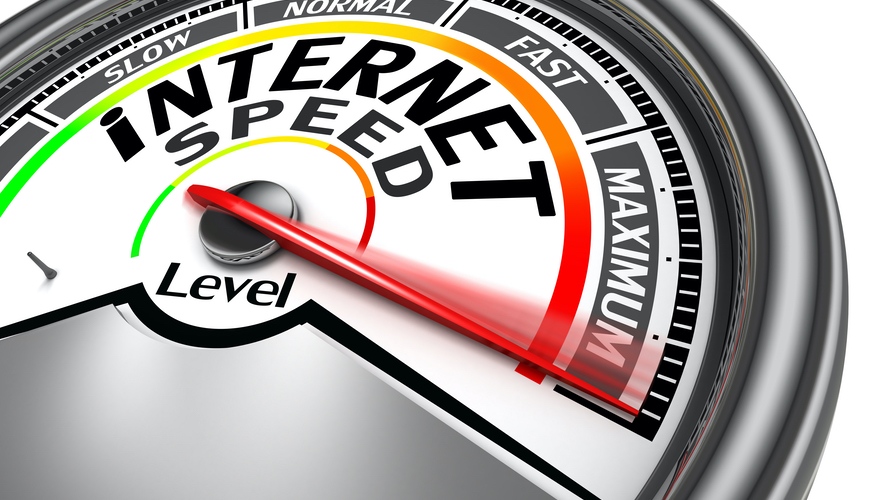We have all seen the offers to boost our internet speed for a special rate from our current Internet Service Provider (ISP) or a competitor. I see them in my inbox, in the mail and even by phone now. As an IT company, we have a 10 x 50 connection. We are in “the business”, so we should be leading the pack, right? I got a call from our ISP a few weeks ago and, for a 3 year contract, they would boost it to 20 x 75 at the click of a button on their end and would give us the same rate we are currently paying for the next year. After that, it goes to around $20 more a month. Overall, not a bad deal. I declined because it is as fast as we need. In fact, we don’t even need it to be 50mbps for downloads, but it does come in handy when downloading some DVD ISO’s for operating systems. With some things, you should only pay for what you need. The representative pushed a little more and I said that I was happy not being under contract with them, giving us the freedom to look elsewhere should the service decline.
This reminded me of a few instances where clients have upgraded to a faster speed over the phone with their ISP for not much more than they are currently paying. The upgrade is usually a process that takes under 5 minutes with a modem reboot, so it is easy and usually not very invasive. However, do you know what your firewall can handle for bandwidth? Your firewall, or “router”, is a single path between your network and the internet. Lately, the internet speeds have gone up significantly, but you may not gain anything from such an upgrade without checking the firewall throughput. And, if you run services on your firewall (such as antivirus or anti-spam), those services use a significant portion of your download throughput. One quick story to share is a site survey I performed at a prospective client last winter and learned that they were paying for 150mbps download speeds, which is not an insignificant monthly investment. However, the firewall deployed was a lower-end model that could only pass a maximum of 35mbps. I verified this with my laptop at the firewall and the modem to validate those speeds.
If you are paying for a 35mbps or higher speed from your ISP, you may want to contact us to see if the firewall hardware is built to handle that speed. If you are considering an upgrade, contact our help desk to schedule an evaluation to make sure that this investment is maximized. Often times, a speed upgrade is an easy way to ward off a perceived network slowness issue, but this rarely fixes some of these things. Internal networks are like cars and need the oil changed along with periodic maintenance. If you are considering an internet speed upgrade, you may want to rule out potential issues on your network first. If you do upgrade, make sure that you are getting the speed you have paid for. There are several speed test websites that measure the upload and download speed, but doing so at your computer is not an accurate test. Your network has traffic jams that affect your raw internet speed. Your connection goes through switches, cables, and the firewall on the same system that everyone else uses for accessing data. Connecting by cable vs. wireless will also yield different results. Wired is always better, faster, more reliable and requires less tech time from us to resolve. The best way to test is directly through the modem with the firewall disconnected. At your request, we can perform this test for you with a quick onsite visit.
As always, the team at Eagle Network Solutions strives to be your trusted advisors on all things IT and Networks
Sincerely,
Kaleb Jacob

